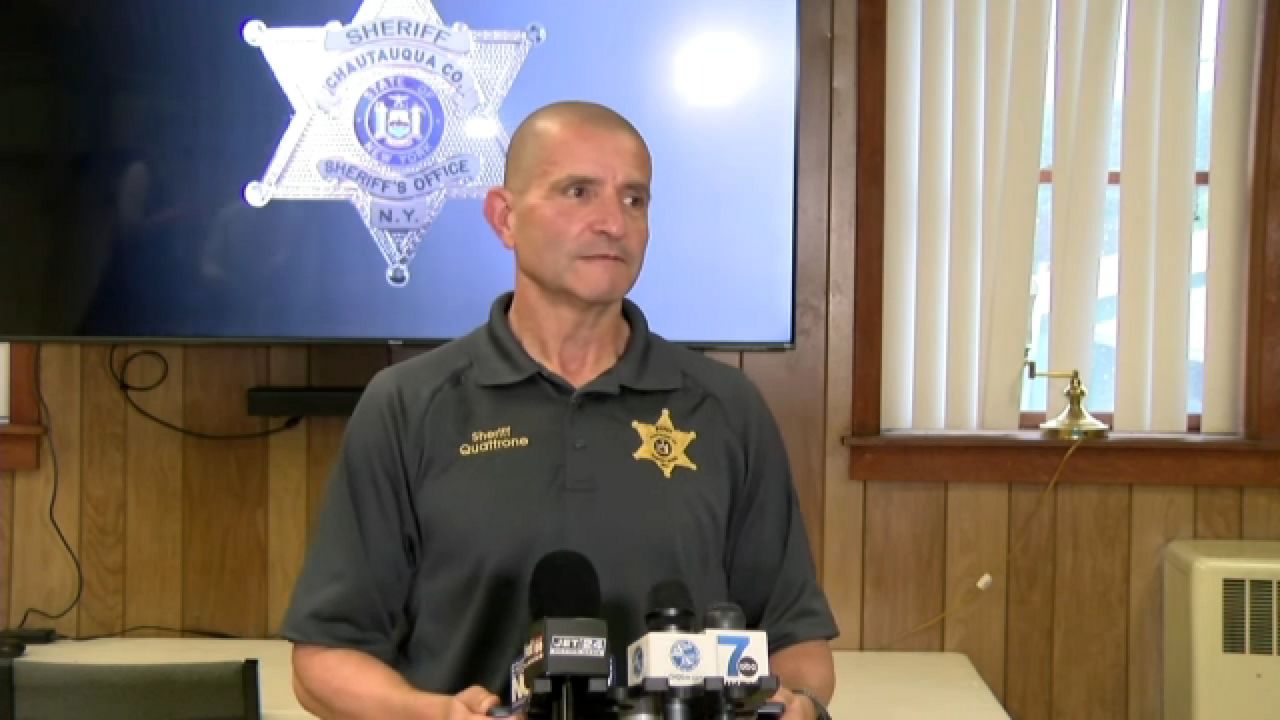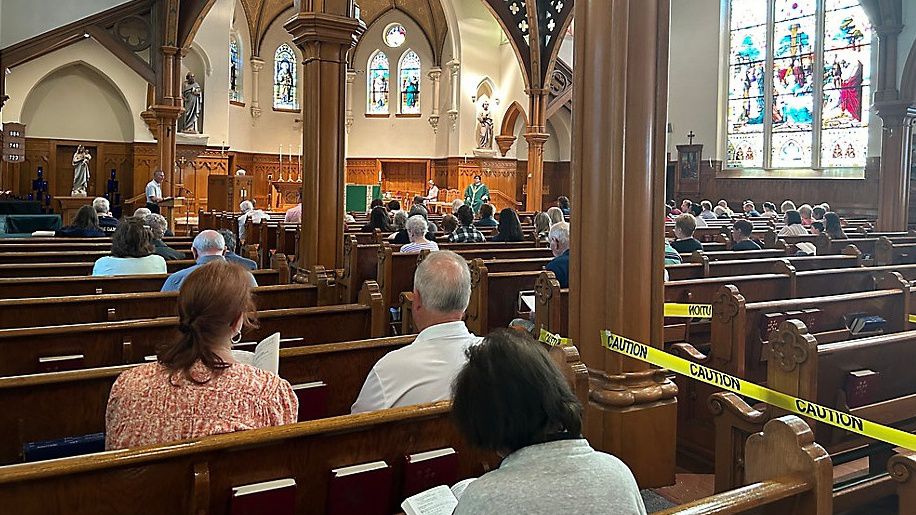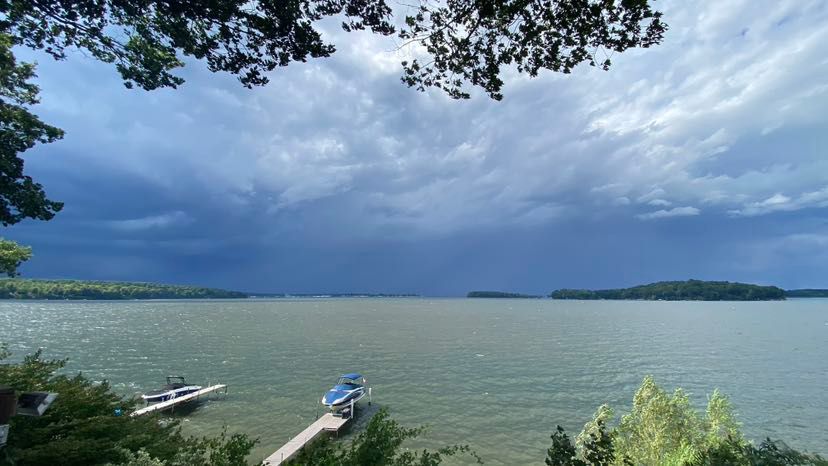The Biden Administration is set to end the federal public health emergency for the COVID-19 pandemic as of May 11, 2023, but epidemiologists say it may be too soon.
“We are at a place where we are not fully taking advantage of the tools that are at our disposal," said Dr. Denis Nash, distinguished professor of epidemiology and executive director of CUNY’s Institute for Implementation Science in Population Health. "So I would feel a bit better about it if a much larger proportion of New Yorkers were up to date on their vaccines."
According to the New York State Department of Health, only 13.6% of New Yorkers are up to date on vaccines. Nash said with vaccination rates lagging, this may not be the right time to end federally subsidized COVID tests, studies and vaccines.
“I would like to see the end of the state of emergency tied to getting the population of the U.S. and New York and New York City to a place where it’s ready to step away from it,” Nash said.
The end of the state of emergency also means people enrolled in Medicaid, the Children's Health Insurance Program or the Essential Health Plan will have to reapply for insurance. The Department of Health said people will receive letters in the mail or emails when that time comes for them.
Nash recommended everyone get their vaccines and boosters as soon as possible. NYSDOH recommends people in vulnerable groups continue taking the necessary precautions to protect themselves from a COVID-19 infection.








